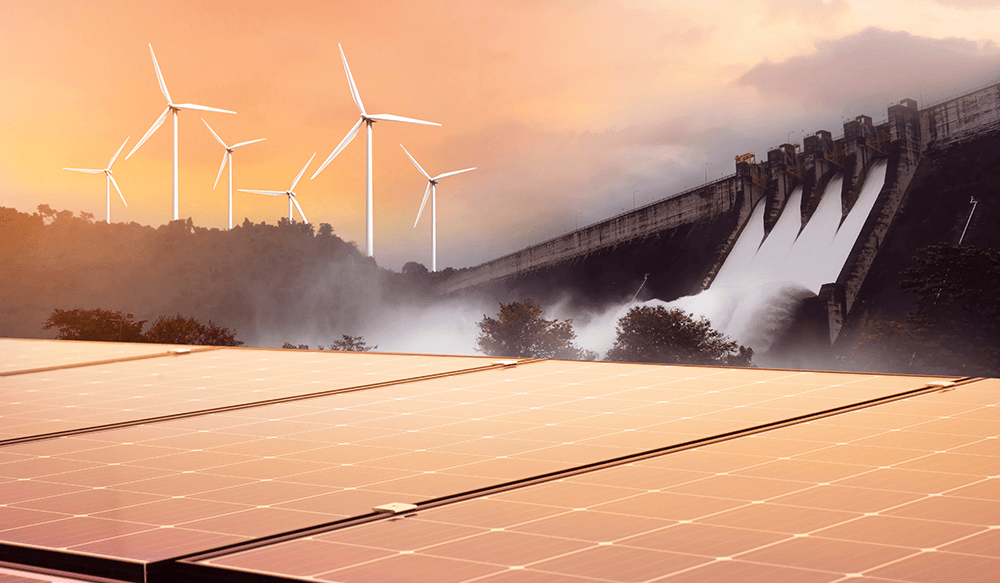As the world continues to grapple with the consequences of climate change and the depletion of fossil fuels, renewable energy has emerged as a vital solution for sustainable living. Homeowners are increasingly seeking ways to reduce their carbon footprint, cut energy costs, and embrace a more eco-friendly lifestyle. With a plethora of renewable energy options available, such as solar, wind, and geothermal, integrating these technologies into our homes has never been more accessible or essential. This shift not only supports environmental preservation but also offers long-term financial benefits and energy independence.
In this article, we will explore various forms of renewable energy suitable for residential use, highlighting their benefits, installation processes, and the potential impact on homeowners’ energy bills. By understanding the advantages and considerations of these sustainable solutions, individuals can make informed decisions that contribute to a greener planet while enhancing their quality of life. Join us as we delve into the promising future of renewable energy for homes and how you can take part in this transformative movement.
Exploring Renewable Energy Options
One of the most prominent renewable energy sources for homeowners is solar power, which harnesses sunlight to generate electricity. Solar panels can be installed on rooftops or in backyards, making them a highly adaptable option for various property types. Homeowners can significantly reduce their energy bills and even earn credits through net metering programs when they produce excess energy. For those interested in maximizing benefits, examining the potential advantages of renewable energy credits is crucial; detailed information can be found at https://www.simpleshowing.com/blog/is-renewable-energy-credit-worth-it-for-homeowners. Wind energy is another viable option for residential use, particularly in regions with consistent winds. Small wind turbines can generate substantial power, providing homeowners with even greater energy independence.

The Future of Energy Independence
Geothermal energy systems are an additional innovative approach, leveraging the Earth’s stable underground temperature to heat and cool homes efficiently. This technology can dramatically decrease energy consumption while remaining environmentally friendly. As more homeowners prioritize sustainability, the integration of renewable energy technologies not only combats climate change but also fosters energy independence. Engaging in this transition ultimately enhances the quality of life and paves the way for a cleaner, more sustainable future for generations to come.
In conclusion, the adoption of renewable energy for homes is not just a trend; it represents a crucial pivot towards a more sustainable and resilient future. By harnessing solar, wind, and geothermal energy, homeowners can not only mitigate the harmful effects of climate change but also capitalize on substantial savings and energy self-sufficiency. As technology continues to evolve and become more affordable, the transition to renewable energy sources is becoming more feasible for a wider audience. Educating oneself on the available options and making the switch is a proactive step towards reducing reliance on fossil fuels and contributing to a cleaner environment. Ultimately, embracing renewable energy in our homes fosters a sense of responsibility towards our planet and empowers individuals to be part of the solution in the global fight for sustainability.









